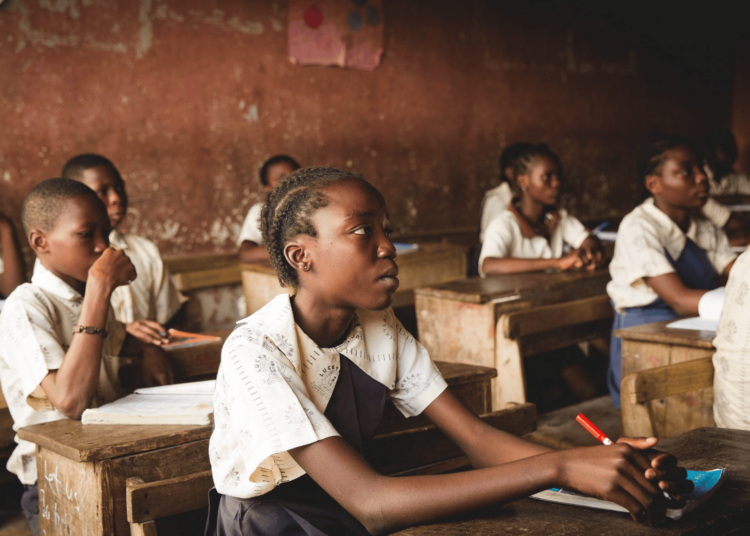
The Christian Association of Nigeria (CAN) has expressed strong opposition to the prolonged closure of schools in Bauchi, Katsina, Kano, and Kebbi States for Ramadan, describing it as a violation of students’ constitutional rights and a setback for education in the region.
The decision, which mandates a five-week closure from late February to early April 2025, affects all public and private educational institutions, including nursery, primary, secondary, and tertiary schools.
CAN President, Archbishop Daniel Okoh, criticized the policy, emphasizing its adverse effects on non-Muslim students and the broader academic system. He argued that education is a fundamental right and called on the governors of the affected states to reconsider their stance in the interest of equity and national unity.
“The Christian Association of Nigeria (CAN) is deeply troubled by the directives from the state governments mandating an extensive closure of all schools for Ramadan. Education is essential for progress, and this closure disrupts the academic journey of millions of students,” Okoh said.
The association also warned that the school closures could further worsen the already alarming out-of-school rates in the North, which currently stand at an average of 44%, significantly higher than the national average.
Officials in the affected states have justified the decision as a means to allow Muslim students and teachers to fully observe the Islamic fasting period.
In Kebbi State, schools officially ended their second term on February 28 and will resume on April 7. Ahmed Idris, the Chief Press Secretary to the state governor, explained that the move was aimed at enabling Muslim students to engage in religious activities without academic distractions.
Katsina State took a similar stance, with its government enforcing the closure through the Hisbah Board, warning that even private schools must comply.
Bauchi State’s Ministry of Education also ordered a 40-day closure, affecting private and faith-based institutions. The government said the move was intended to allow Muslim students to spend Ramadan with their families.
The policy has triggered widespread criticism from parents and educators, who argue that it could negatively impact students’ preparations for critical exams such as WAEC, NECO, and JAMB.
One parent, Amos Ayuba, voiced concerns about his SS3 daughter, who is set to write multiple exams in the coming months. “This forced holiday will only make it harder for students to prepare,” he lamented.
The Association of Christian Private Schools in Bauchi has urged the government to reconsider the closure, proposing an optional holiday instead. Reverend Musa Bogoro Zakka, the association’s chairman, argued that forcing a five-week break would create a backlog of schoolwork and require a non-stop 14-week academic session upon resumption.
Similarly, Reverend Raphael Adetunmibi, proprietor of Baptist Royal Academy, criticized the decision, noting that while government offices and tertiary institutions remain open, primary and secondary school closures appear discriminatory.
CAN has warned that if the state governments fail to reverse the policy, it will explore legal options, including restraining orders, to protect students’ rights.
“We urge Governors Bala Mohammed, Dikko Umar Radda, Abba Kabir Yusuf, and Nasir Idris to consult with all relevant stakeholders to find a balanced and inclusive solution,” Okoh stated.
He further pointed out that countries such as Saudi Arabia and the UAE continue school operations during Ramadan, adjusting schedules rather than shutting down institutions completely.
“If our rights are further threatened or discussions yield no justice, CAN will not hesitate to seek legal remedies to protect the constitutional rights to education and freedom of conscience,” he added.
While Sokoto State has not officially announced a similar policy, sources suggest it may adopt a partial two-week closure instead.
Critics of the closure argue that rather than a total shutdown, state governments should introduce flexible policies, such as reducing school hours, to accommodate religious observance while maintaining academic progress.
CAN has called for dialogue and transparency in policymaking to ensure that decisions reflect the diverse religious landscape of the country and do not compromise educational development.








